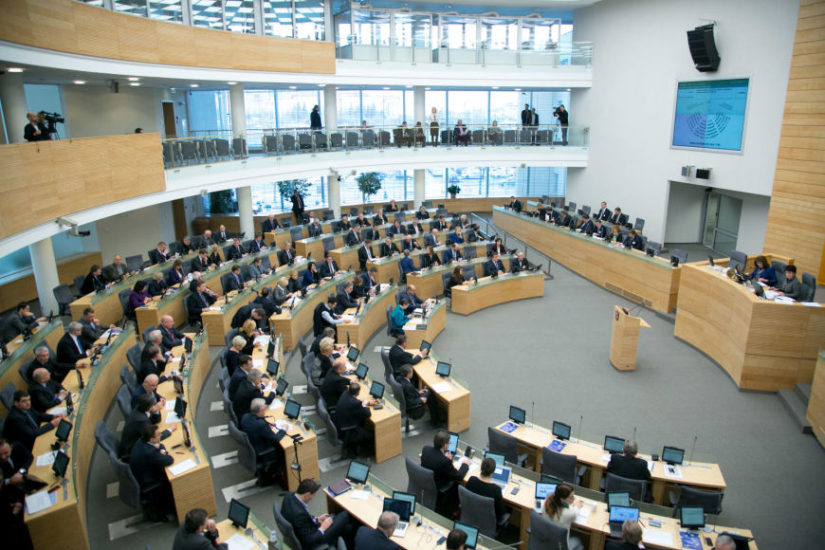The Human Rights Monitoring Institute has provided its opinion on this Parliamentary draft bill, noting that stalking is dangerous, with serious consequence for the victim. Stalkers often seek unwanted contact with their targets, disrupting their lives, creating constant tension and anxiety, and restricting their freedom of action. Victims sometimes need to change their address and contact details, avoid visiting places they used to frequent, limit their interactions online and over social media, and constantly worry about their own safety as well as the safety of their children and loved ones.
The Institute emphasised that stalking may adversely affect victims’ mental health due to constant tension. Stalking is also dangerous because, in some cases, it is used to prepare for a more serious crime, such as physical or sexual assault.
According to a study of EU women conducted by the Fundamental Rights Agency in 2014, stalking is widespread. No less than 18% of all participants claimed to have experienced it at some point since the age of 15, with 5% claiming to have been stalked in the last 12 months. The Fundamental Rights Agency found that as many as 74% cases of stalking are not dealt with by law enforcement agencies.
Based on a 2017 study on the trends concerning the criminalisation of stalking in the European Union, most EU states (21) have criminalised stalking, with Lithuania being one of the last countries that hasn’t.
In light of these circumstances, the Human Rights Monitoring Institute is of the view that stalking should be criminalised in Lithuania.








